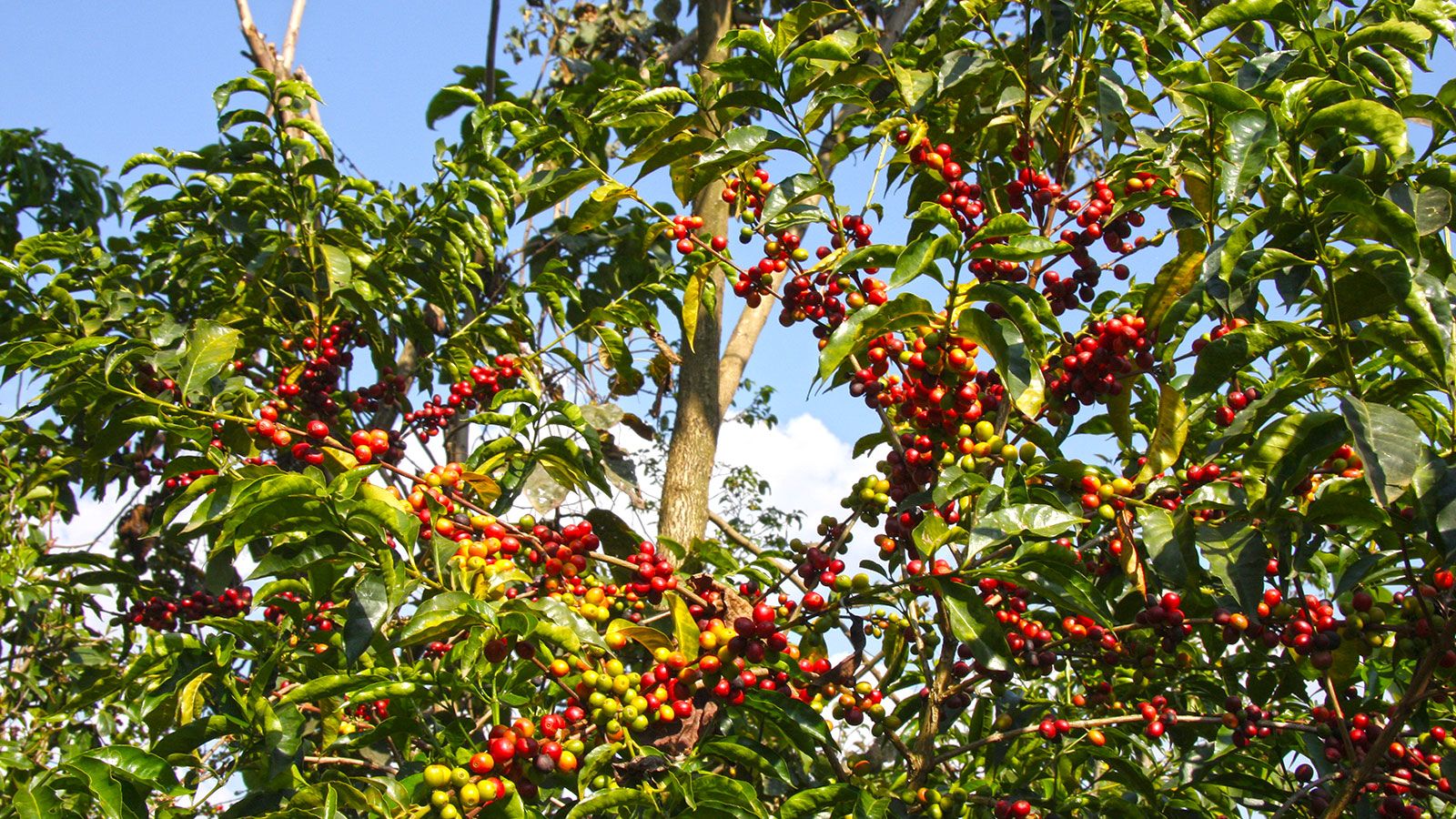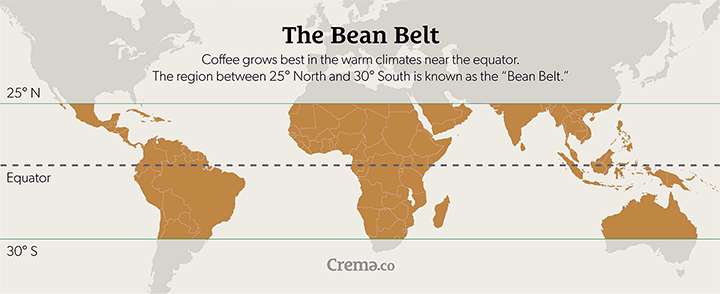Categories
Latest blog
The Fascinating History of Coffee: From Ethiopian Origins to Global Domination
With over 125 million people worldwide employed in the coffee industry and approximately 400 billion cups of coffee consumed each year, it's safe to say that coffee has firmly established its place in our daily lives. For many, that morning cup of joe is an essential ritual, providing the caffeine-driven kickstart they need. But how did coffee become the global sensation it is today? In this blog post, we'll delve into the captivating history of coffee.
Origins in Ethiopia:
While caffeine consumption has been a part of human history for centuries, coffee, as we know it, was virtually unknown for most of our existence. The story of coffee begins in the late Middle Ages and early modern era, in the region of Aromia, which now lies within the boundaries of Ethiopia. It was here that the small tree known as the Kefaya plant, the ancestor of the coffee we know today, produced its cherries, laden with the stimulating red berries.

The Legends of Discovery:
The exact moment when humans first encountered and savored the effects of coffee remains shrouded in mystery. One popular legend credits an Ethiopian goat herder named Kaldi, who lived between the 6th and 9th centuries, with the discovery. Kaldi's energetic goats after nibbling on the red berries piqued his curiosity, leading him to try the berries himself. He shared his discovery with a local monk, whose skepticism led to the roasting of the beans and the creation of the first cup of coffee. While this story, rooted in European accounts from the late 1600s, is more legend than history, it captures the essence of coffee's enigmatic beginnings.
The Caffeine Connection:
Caffeine, a natural pesticide for insects, was the coffee berry's hidden secret. It effectively overloaded insects' nervous systems, preventing them from consuming the plant. However, when ingested by humans or animals like goats, it delivered a stimulating and enjoyable experience. It's likely that Ethiopian locals, possibly from the Gala tribe, first discovered these effects.

Early Coffee Consumption:
It appears that the consumption of coffee beans in their early form began in the Islamic world, around the 10th century. The Arabs, in particular, are credited with chewing coffee beans and creating beverages from them, quite distinct from the modern coffee we enjoy today. The word "kabla," used by the Arabs for the coffee drink, is the likely origin of the term "coffee" in most languages.
The Modern Coffee Emerges:
Between the 10th and 15th centuries, coffee gradually evolved into its recognizable form. The first written evidence of coffee consumption comes from the mid-15th century, within the Sufi monasteries of Yemen, just across the Red Sea. However, historical accounts from the 10th to the 15th centuries provide scant information about coffee beans or coffee itself, except for folklore like the tale of Sheik Omar, who is said to have survived on coffee during his exile in the 12th century.
Coffee's Spread:
By the 15th century, coffee had reached Mocha, Yemen, and eventually Mecca. It spread across the Middle East and North Africa, becoming particularly significant to Sufis who relied on it during Ramadan and nighttime prayers. Coffee was also believed to possess medicinal qualities.
Coffeehouses and Controversy:
The first coffeehouses, exclusive to men and regardless of social class, emerged as places for relaxation, games, and serious discussions. They quickly became centers of intellectual and political discourse. However, not all segments of society approved; some felt that coffee should be prohibited, given its potential to intoxicate. Coffeehouses also became associated with political unrest.
The European Coffee Craze:
Europe's introduction to coffee came through trade and war during the late 16th century and early 17th century. By the late 1500s, coffee had spread to England, France, Italy, the Netherlands, and other parts of Europe. The Dutch were the first to successfully smuggle coffee beans out of Yemen, and they began coffee cultivation in their colonies in tropical regions, such as Java and Sri Lanka.
Brazil's Coffee Empire:
Brazil, with its warm and fertile climate, became the world's largest coffee producer, with coffee production playing a significant role in the country's economy. However, it's essential to acknowledge that much of this production relied on slave labor, contributing to Brazil being the last country in the Americas to abolish slavery in 1888.

The Global Coffee Belt:
Today, coffee is primarily produced in countries within the "coffee belt," a geographic region straddling the equator where the conditions are ideal for coffee cultivation. Brazil remains the world's largest coffee producer, with other countries like Vietnam, Colombia, Indonesia, and Ethiopia also playing significant roles in the coffee industry.

Conclusion:
From its humble origins in Ethiopia to its global dominance, coffee has come a long way. It has evolved from a drink with religious and medicinal significance to a ubiquitous daily essential. Whether fueling intellectual discussions in European coffeehouses or providing a jolt of energy to working people worldwide, coffee's journey is a testament to its enduring popularity.
The global coffee market is not only enormous but also expanding continuously. If you've ever dreamed of launching your own coffee venture, look no further than Saneu. We offer a wide range of cutting-edge Nespresso and K-Cup filling and sealing machines that are designed to accelerate your coffee-selling business. With Saneu as your trusted companion, you can embark on your entrepreneurial path swiftly and confidently, ensuring a steadfast progress towards your ultimate success.